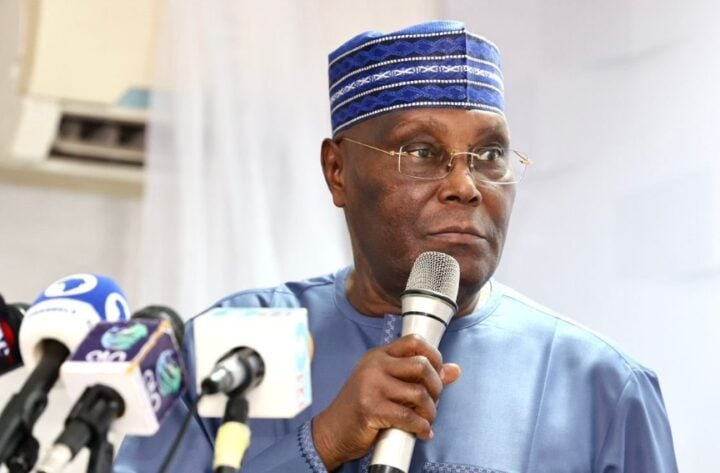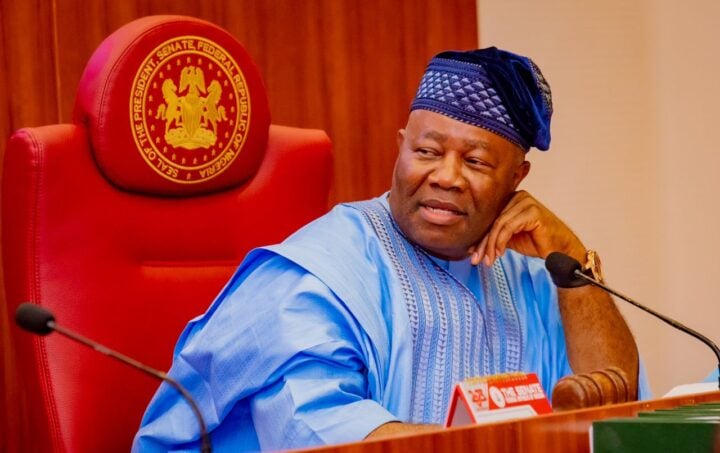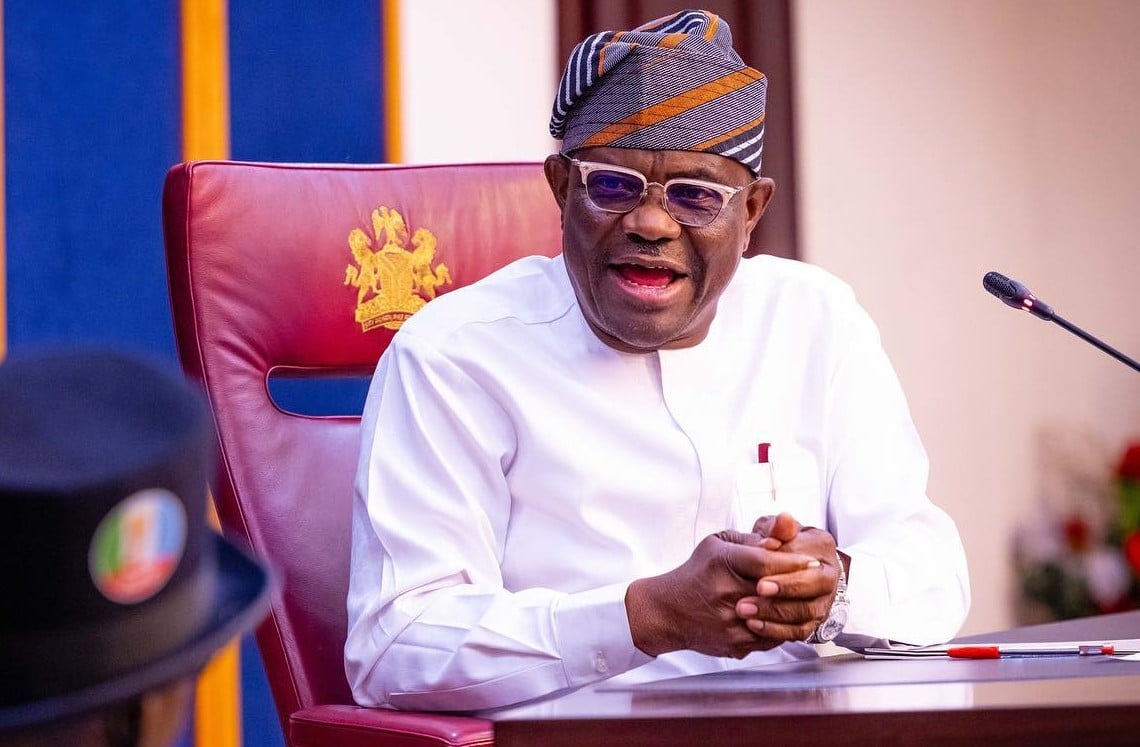Atiku Abubakar
Atiku Abubakar, former vice-president, says the “wrong policies” of the President Bola Tinubu administration have inflicted “untold pain and distress” on the populace.
Since May 2023, Tinubu’s government has implemented a slew of economic policies, including the unification of the foreign exchange (FX) windows and the floating of the naira.
In a statement issued on Sunday, Abubakar said Tinubu failed to show the “concrete policies” his administration is taking to address the prevailing economic hardship.
“At a meeting called at his instance on Thursday to address the Foreign Exchange crisis and the problem of economic downturn, among others, Bola Tinubu failed, yet again, to showcase any concrete policy steps that his administration is taking to contain the crises of currency fluctuation and poverty that face the country,” the statement reads.
Advertisement
“Rather, he told the country and experts who have been offering ideas on how to resolve the crisis that he and his team should not be distracted and allowed time to continue cooking their cocktail that has brought untold hardship to the people of Nigeria.
“The wrong policies of the Tinubu administration continue to cause untold pain and distress on the economy and the rest of us cannot keep quiet when, clearly, the government has demonstrated sufficient poverty of ideas to redeem the situation.
“If the government will not hold on to their usual hubris, there are ways that the country can walk out of the current crisis.
Advertisement
“After a careful assessment of the state of our economy at the twilights of the last administration, I knew full well that the economy of the country was heading for the ditch and came up with a number of policy prescriptions that would rescue the country from getting into the mess that we are currently in.”
Abubakar said he proffered solutions to the nation’s economic crisis in his policy document titled, ‘My Covenant With Nigerians’.
The former vice-president said in the document, he suggested, among other things, that multiple exchange rate windows should be eliminated because they only enrich “opportunists, rent-seekers, middlemen, arbitrageurs, and fraudsters”.
Abubakar said Tinubu’s policy on FX management was “hurriedly put together without proper plans and consultations with stakeholders”.
Advertisement
“The government failed to anticipate or downplayed the potential and real negative consequences of its actions,” he added.
“The Government did not allow the CBN the independence to design and implement a sound FX Management Policy that would have dealt with such issues as increasing liquidity, curtailing/regulating demand, dealing with FX backlogs and rate convergence.”
He also said the Tinubu administration’s decision to immediately float the naira was a wrong one.
“On the other hand, given Nigeria’s underlying economic conditions, adopting a floating exchange rate system would be an overkill. We would have encouraged the Central Bank of Nigeria to adopt a gradualist approach to FX management,” he added.
Advertisement
“A managed-floating system would have been a preferred option. In simple terms, in such a system, the Naira may fluctuate daily, but the CBN will step in to control and stabilize its value.
“Such control will be exercised judiciously and responsibly, especially to curve speculative activities.
Advertisement
“Why control, you may ask. (i). Nigeria has insufficient, unstable, and precarious foreign reserves to support a free-floating rate regime. Nigeria’s reserves did not have enough foreign exchange that can be sold freely at fair market prices during crises.
“(ii). Nigeria is not earning enough US$ from its sales of crude oil because its production of oil has been declining.
Advertisement
“And, (iii). Nigeria is not attracting foreign investment in appreciable quantities. These are enough reasons for Nigeria to seek to have a greater control of the market, at least in the short to medium term when convergence is expected to be achieved.”
Advertisement






